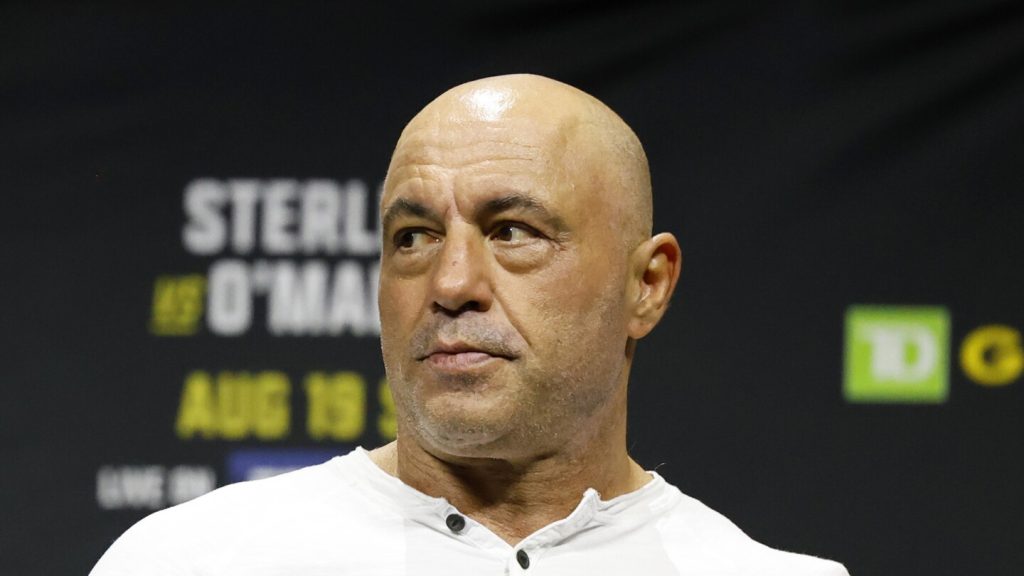The Role of News Influencers in Shaping Public Perception During the Presidential Campaign
The 2024 U.S. presidential campaign has highlighted the growing influence of news influencers—podcasters, commentators, and social media personalities—in shaping public perception. A recent study by the Pew Research Center revealed that Americans who followed news influencers during the campaign were more likely to encounter positive reports about Donald Trump than about Kamala Harris. The study analyzed over 150,000 posts from approximately 500 influencers, defined as individuals who regularly comment on current events and have at least 100,000 followers across platforms like Facebook, Instagram, TikTok, X (formerly Twitter), and YouTube. While influencers discussed both Trump and Harris equally, the volume and tone of posts about Trump were more favorable. This disparity raises important questions about the role of influencers in modern political discourse and their ability to sway public opinion.
The Influence of Social Media Platforms in Political Discourse
The study also uncovered the dominance of certain platforms in political discussions. X, owned by Elon Musk, emerged as the primary hub for political influencers, with 79% of all political posts analyzed originating from this platform. Right-leaning influencers were particularly active on X, making up 48% of those who identified their political leaning, compared to 28% who identified as liberal. This imbalance in representation may contribute to the disproportionate favorable coverage of Trump, as right-leaning influencers tend to support his policies and rhetoric. On X, the average right-leaning influencer posted 183 times per week, while liberal influencers posted significantly less, around 72 times per week. This gap in activity could influence the narrative and reach of political messages, potentially impacting how voters perceive candidates.
The Behavior of Influencers: Volume and Tone of Posts
One of the most striking findings of the Pew study was the difference in both the volume and tone of posts about Trump and Harris. While both candidates were mentioned equally by influencers, Trump benefited from a higher volume of posts that were more favorable in tone. For instance, on X, twice as many posts about Harris were critical compared to those that were positive, while the ratio for Trump was more balanced. This disparity suggests that influencers were more inclined to amplify Trump’s message or highlight his strengths, while Harris faced more scrutiny. As a result, followers of these influencers may have been exposed to a skewed narrative that favored Trump over Harris.
Trump’s Strategic Engagement with Influencers
Donald Trump appears to have understood the importance of courting influencers during the campaign. He actively engaged with popular figures in the youth-oriented media space, such as podcaster Joe Rogan, who boasts millions of followers. Trump’s interview with Rogan, for example, provided him with a platform to connect with a younger demographic and amplify his message. In contrast, Kamala Harris did not secure a similar opportunity with Rogan, potentially missing out on a chance to reach his vast audience. This strategic difference in engagement may have contributed to the more favorable coverage Trump received from influencers. By leveraging these platforms, Trump was able to maintain a strong presence in the digital space and shape public perception in his favor.
The Implications of Influencer-Driven News Consumption
The Pew study also revealed that roughly 20% of Americans regularly consume news through influencers, and about two-thirds of this group believes that influencers help them better understand political issues. This highlights the growing trust people place in non-traditional news sources, which can have both positive and negative consequences. On one hand, influencers can make complex political issues more accessible and engaging, especially for younger audiences who may not consume traditional news outlets. On the other hand, the lack of accountability and the subjective nature of influencer content can lead to misinformation or biased reporting. As influencers continue to gain influence, their role in shaping public opinion will likely become even more significant in future elections.
Conclusion: The Evolution of Political Communication
The findings of the Pew Research Center study underscore the evolving landscape of political communication in the digital age. Influencers have become key players in shaping public perception, with their platforms offering unparalleled reach and engagement. However, the apparent bias in their coverage of candidates like Trump and Harris raises important questions about the fairness and balance of influencer-driven news. Moving forward, it will be crucial to address these challenges and ensure that the public has access to diverse, accurate, and unbiased information. As political campaigns increasingly rely on digital platforms, the influence of news influencers will likely continue to grow, making their role in democratic discourse more critical than ever.












